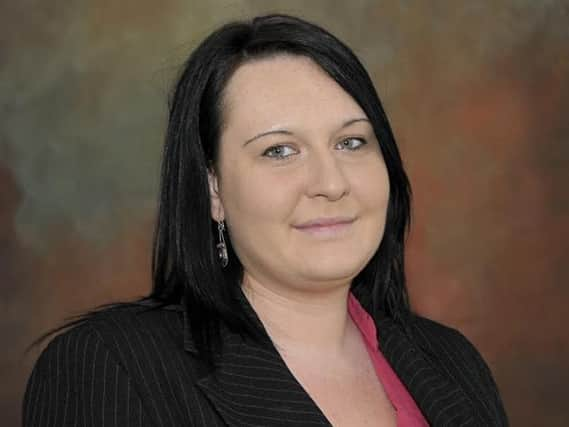Care system shake-up comes in after Blackpool death


The council has appointed 12 operators to provide the service as part of a shake-up of the system which means each carer will cover a smaller area of the town.
A town hall investigation was held into the death of Blackpool D-day veteran Dennis Oldland after an inquest heard his carer only stayed seven-and-a-half minutes, instead of the recommended minimum of 25 minutes, when she visited.
Advertisement
Hide AdAdvertisement
Hide AdCoun Amy Cross, cabinet member for adult services and health, said the home care service had been due for re-tendering as part of a regular process.
She said: "We took the re-tendering exercise as an opportunity to reorganise the way home care operates and it will now work across geographical zones.
"This move will enable efficient ways of working and mean paid carers should spend less time travelling.
“We have written to all residents that receive these services to inform them of the process that has been undertaken, and we will be working with all our providers to ensure there is as little disruption as possible.”
Advertisement
Hide AdAdvertisement
Hide AdAround 1,000 adults access 12,000 hours of commissioned home care each week across Blackpool.
The new providers will be given five year contracts, with the option to extend for a further five years.
Mr Oldland, who died in November 2016, had suffered burns when he was left overnight in a chair next to his fire.
He is believed to have suffered a mini stroke and died in hospital 10 days later.
Advertisement
Hide AdAdvertisement
Hide AdCoroner Alan Wilson said the carer’s visit had been 'inadequate’ but fell short of neglect.
Karen Smith, director of adult services at Blackpool Council, unveiled the new proposals for the home care service in July.
In her report, she said "operating in smaller condensed localities should lead to more efficient rotas and routes, which in turn should maximise contact time with service users, while minimising travel time between care visits."